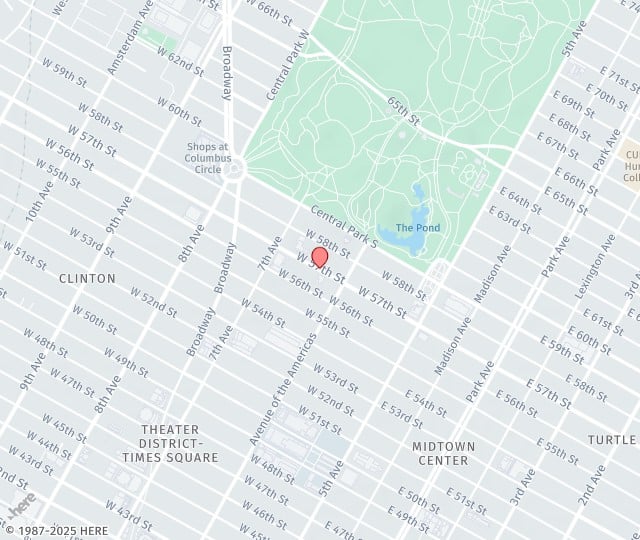
IV sedation and general anesthesia are often perceived as the same thing. They are not. Here, we take a look at each so you can better understand the options you have when working with a dental anesthesiologist like Dr. Siegelman.
What is IV Sedation?
IV sedation is a method of administering medication into the bloodstream to dull the response of the central nervous system to external stimuli. Benefits of IV sedation include:
- Custom dosing that can be adjusted throughout a procedure as needed to ensure adequate relaxation.
- Fast action in the nervous system. The direct delivery of sedative medication into the blood works much more quickly than an oral medication, which can take an hour or more to achieve the desired effect.
- IV sedation is light enough for a patient to remain semi-conscious; breathing and swallowing on their own.
- Patients who have a dental phobia don’t want to remember their dental treatment, and they won’t when sedation is used.
What is General Anesthesia?
General anesthesia usually combines both inhalation sedation and IV medication to create a completely unconscious state. Inhalation sedation may be used only as the process of sedation begins and it may be tapered off after IV sedation has taken effect. Every situation is unique. As a dental anesthesiologist, Dr. Siegelman knows what medications to administer and in what way to achieve unconsciousness.
Benefits of general anesthesia in dentistry include:
- Patients with muscular disorders can be treated safely through total relaxation of the body and mind.
- General anesthesia is safely administered with close monitoring of heart rate, blood pressure, and respiration.
- Patients have no recollection of their procedure.
The general consensus in dentistry has been that IV sedation or oral sedation are better options for patients with dental phobia. However, this may be due to lack of training. A dental anesthesiologist has been fully educated in the use and administration of all types of anesthesia.
Are you ready to eliminate the stress of dental visits? Call our NYC office at (212) 974-8737 to schedule your visit to discuss our sedation dentistry services.

